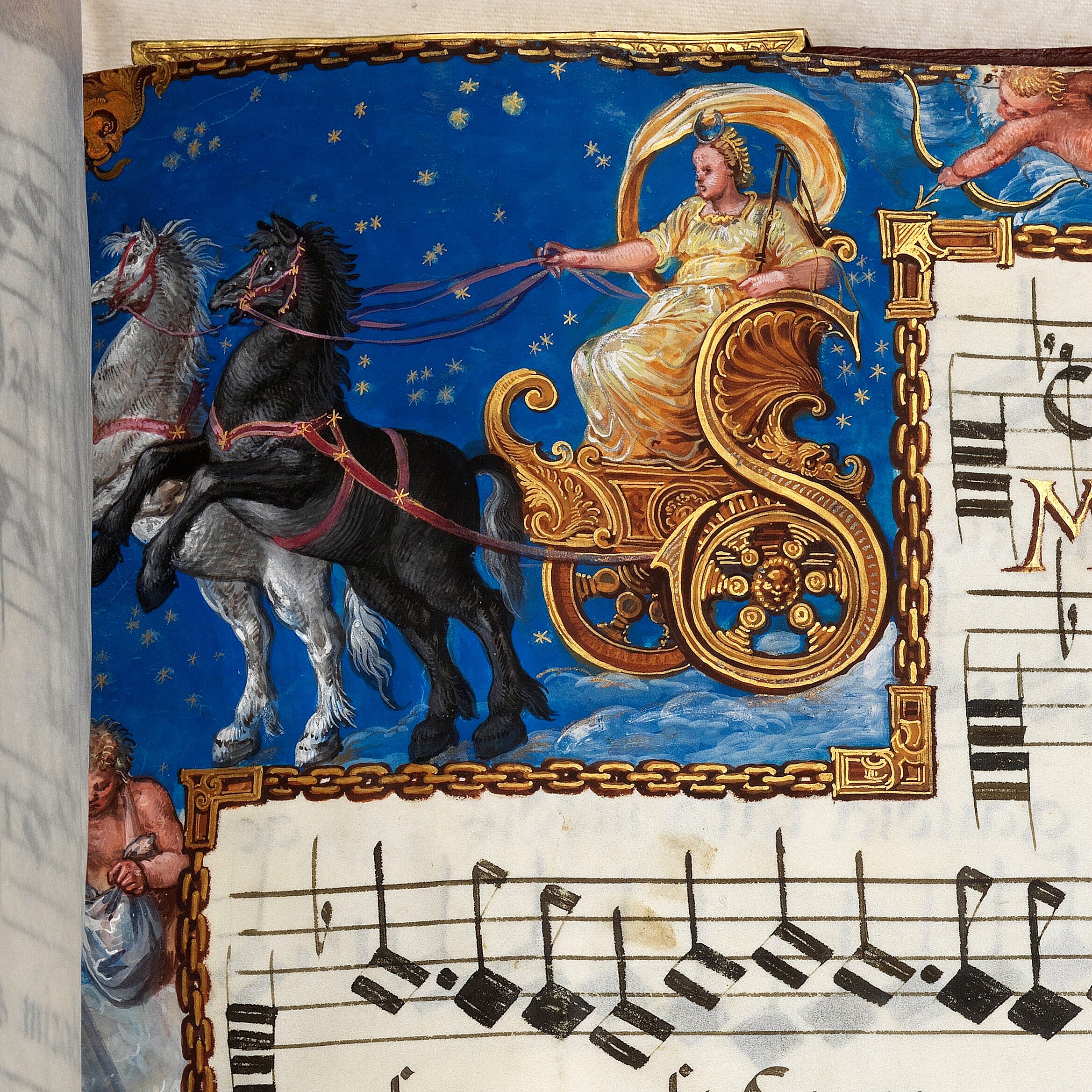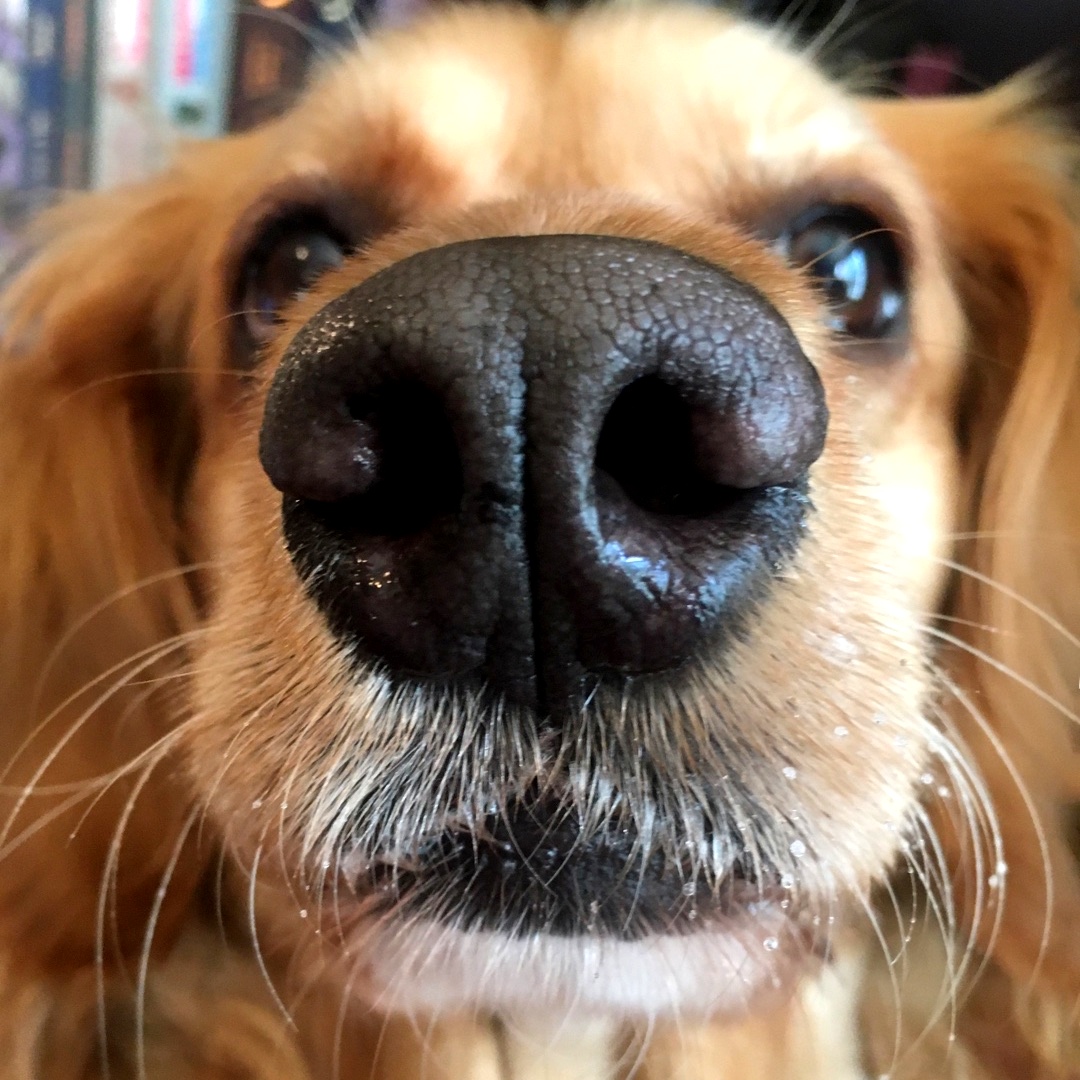 The Rune Poem says Tiw is one of the signs, a tacn, a token. This is the first clue in the riddle. A sign is a clue to something as well; signs symbolize in shorthand something else. A letter in an alphabet is a sign that means a sound and sometimes a whole word. The color of a light hanging over a road is a sign standing as evidence of broader meanings, covenants of mutual trust, expectations of behavior. And signs can be signs for signs, like these: 💰, 🐮, 🌹🌵, 😉, 🛣, 🔦, 🎁, 🤑, ⛈, 💔🆘👂, ❄️, 🌱, 🌲🪦, 🎮, 🧬, 🌅, 🪧⭐⚖, 🌳🔮, 🐴, 🫂🪦, 🌊, 🛒👋, 🏠, ☀, 🌳🌰⛵, 🌳😇👊, 🏹, 🦫, 🪦. These are signs in nested levels of scale. … More
The Rune Poem says Tiw is one of the signs, a tacn, a token. This is the first clue in the riddle. A sign is a clue to something as well; signs symbolize in shorthand something else. A letter in an alphabet is a sign that means a sound and sometimes a whole word. The color of a light hanging over a road is a sign standing as evidence of broader meanings, covenants of mutual trust, expectations of behavior. And signs can be signs for signs, like these: 💰, 🐮, 🌹🌵, 😉, 🛣, 🔦, 🎁, 🤑, ⛈, 💔🆘👂, ❄️, 🌱, 🌲🪦, 🎮, 🧬, 🌅, 🪧⭐⚖, 🌳🔮, 🐴, 🫂🪦, 🌊, 🛒👋, 🏠, ☀, 🌳🌰⛵, 🌳😇👊, 🏹, 🦫, 🪦. These are signs in nested levels of scale. … More
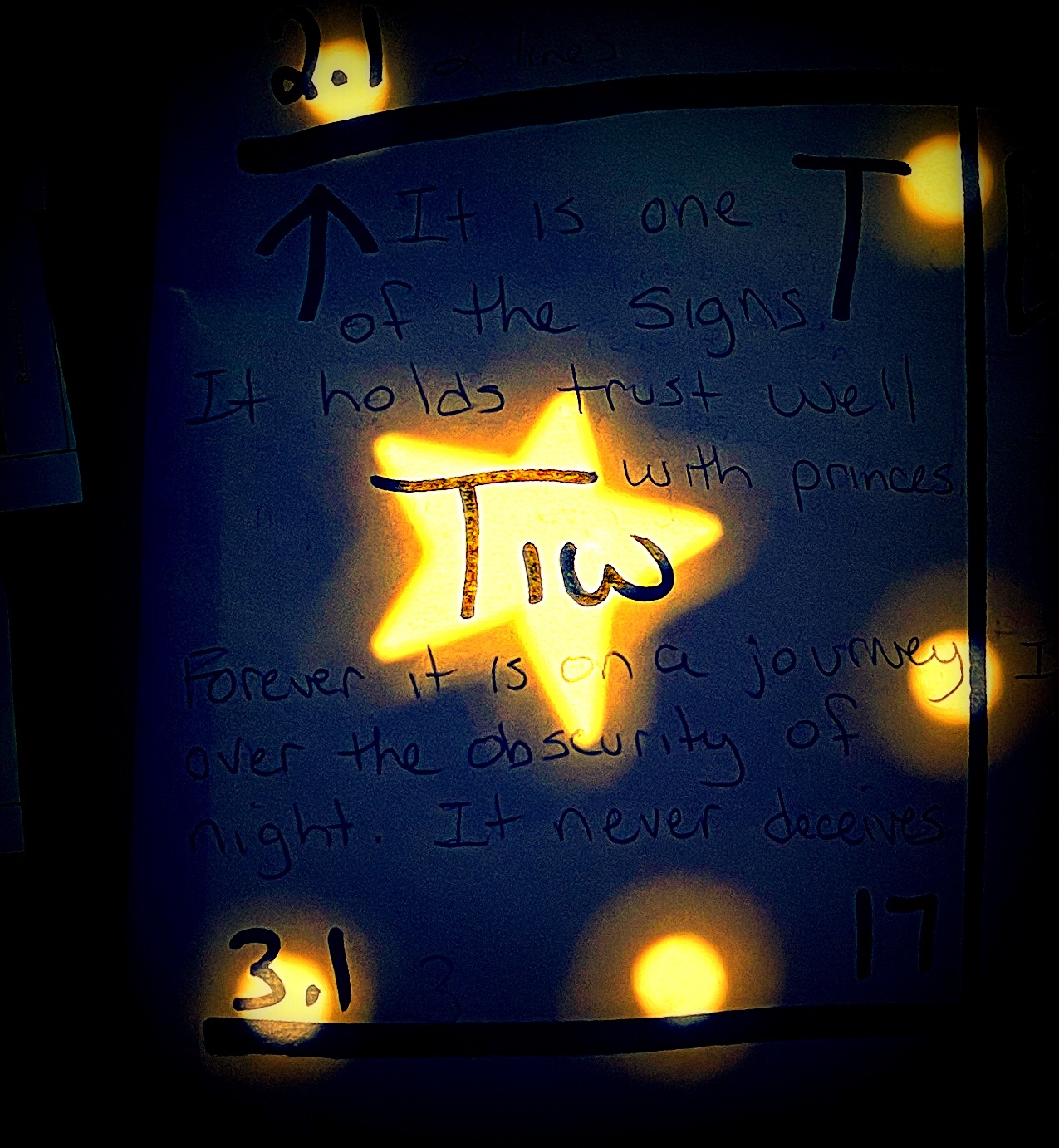
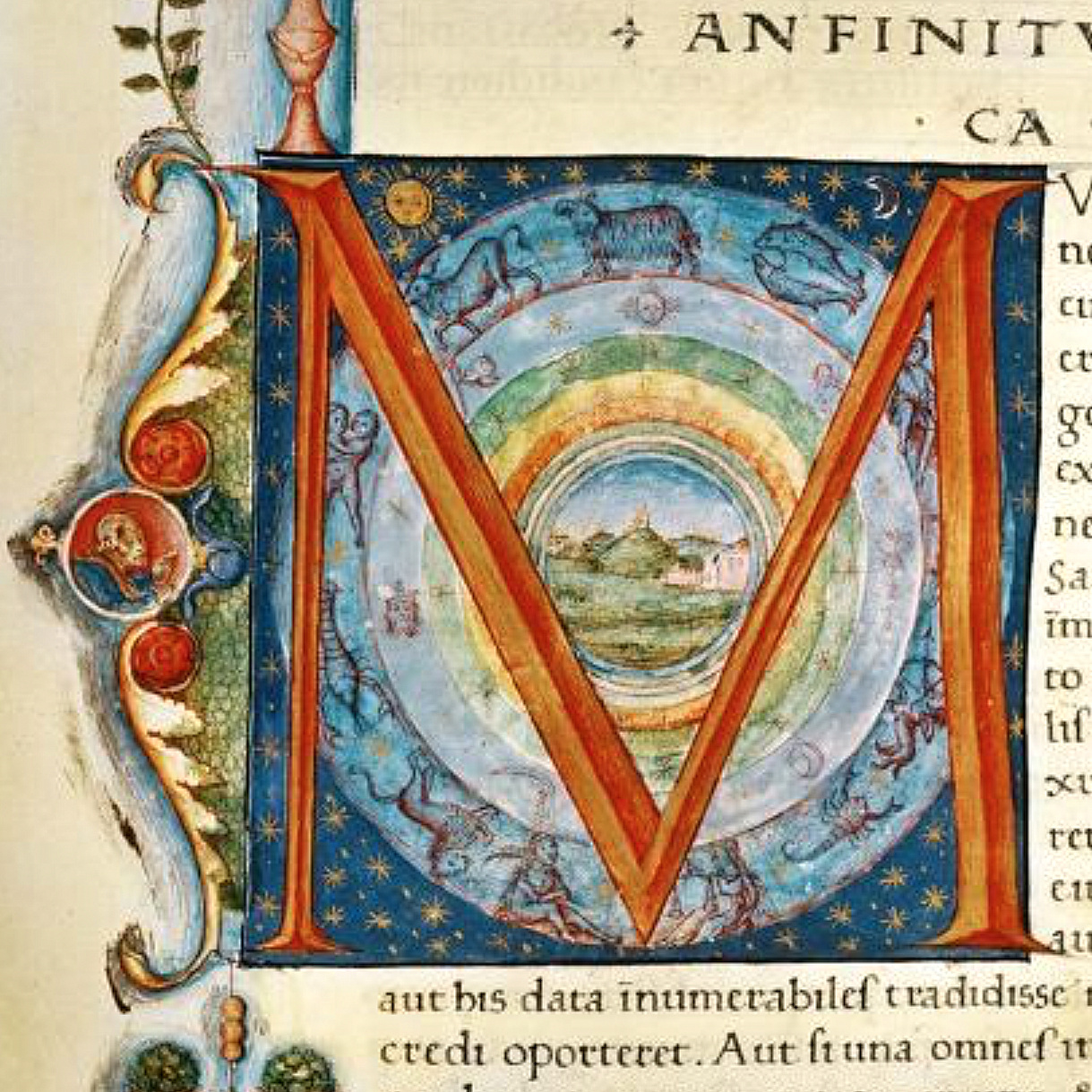


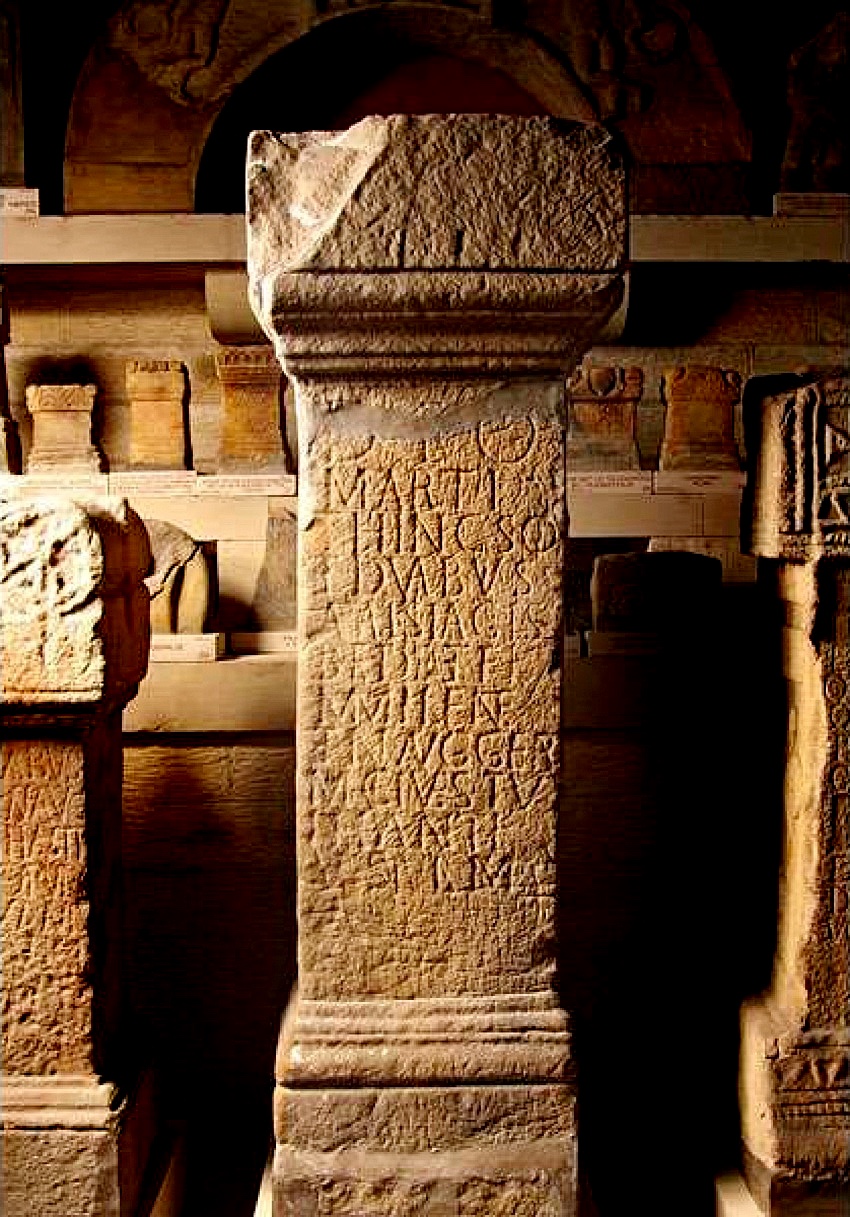 During the height of the Roman occupation of Britain, Britannia was as Roman as anywhere else in the empire: filled with
During the height of the Roman occupation of Britain, Britannia was as Roman as anywhere else in the empire: filled with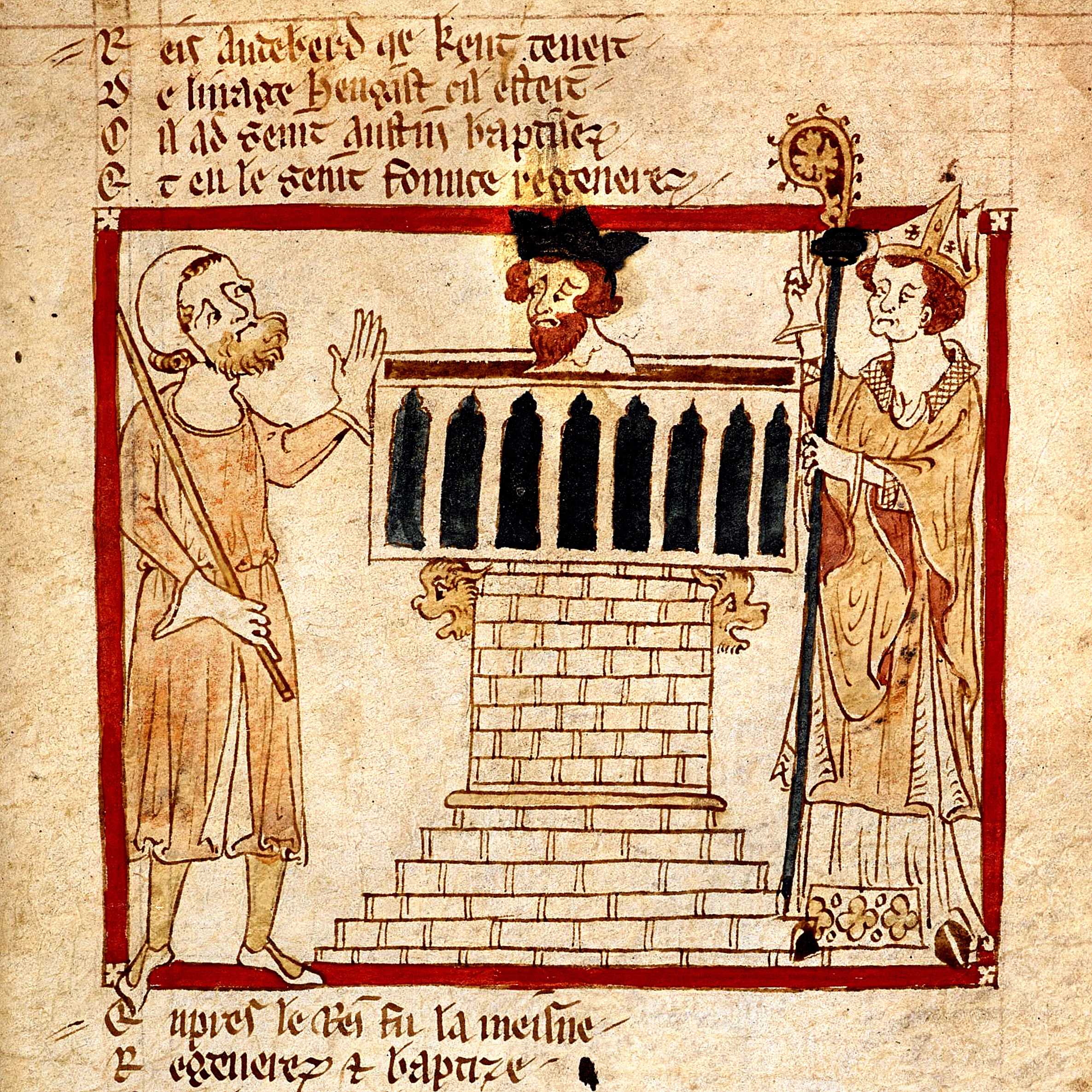 The Rune poem names two gods:
The Rune poem names two gods: 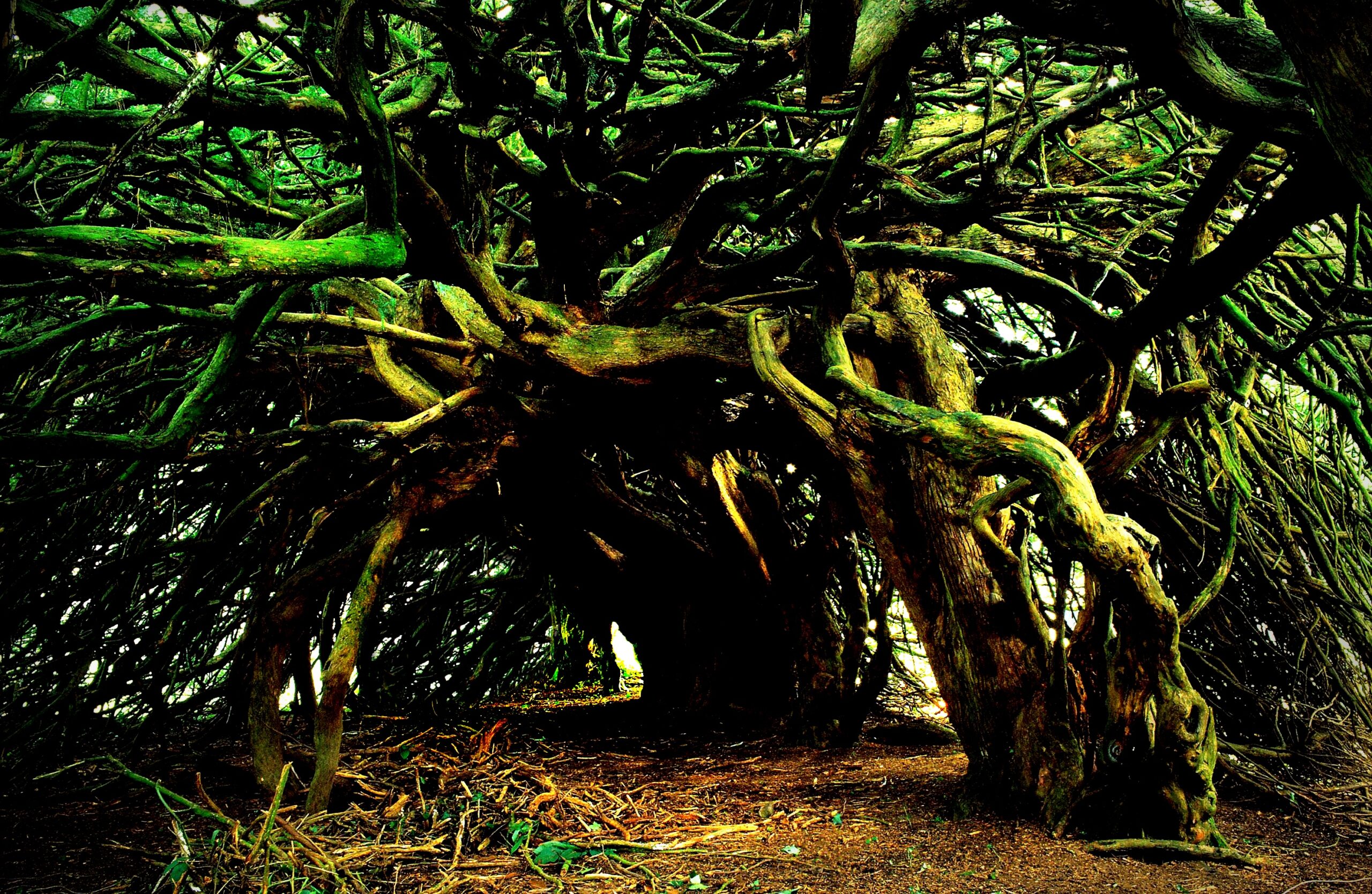 The yew is absolutely massive compared to us, so much weight shooting up, lengthening, drooping back down to plunge into the earth, travel, shoot back up and do it again: swoop up into sky, fall back into earth, swim forward, break through waves into sky and flip back under again. This tree is a fish, moving so slowly through thousands of years in a single life span, we never see it happen. We think the yew stands still. We can trust it will always be there. God knows how the yew sees us. An irritant? An itchy parasite flaring up from time to time? We move so fast we must be itchy.
The yew is absolutely massive compared to us, so much weight shooting up, lengthening, drooping back down to plunge into the earth, travel, shoot back up and do it again: swoop up into sky, fall back into earth, swim forward, break through waves into sky and flip back under again. This tree is a fish, moving so slowly through thousands of years in a single life span, we never see it happen. We think the yew stands still. We can trust it will always be there. God knows how the yew sees us. An irritant? An itchy parasite flaring up from time to time? We move so fast we must be itchy.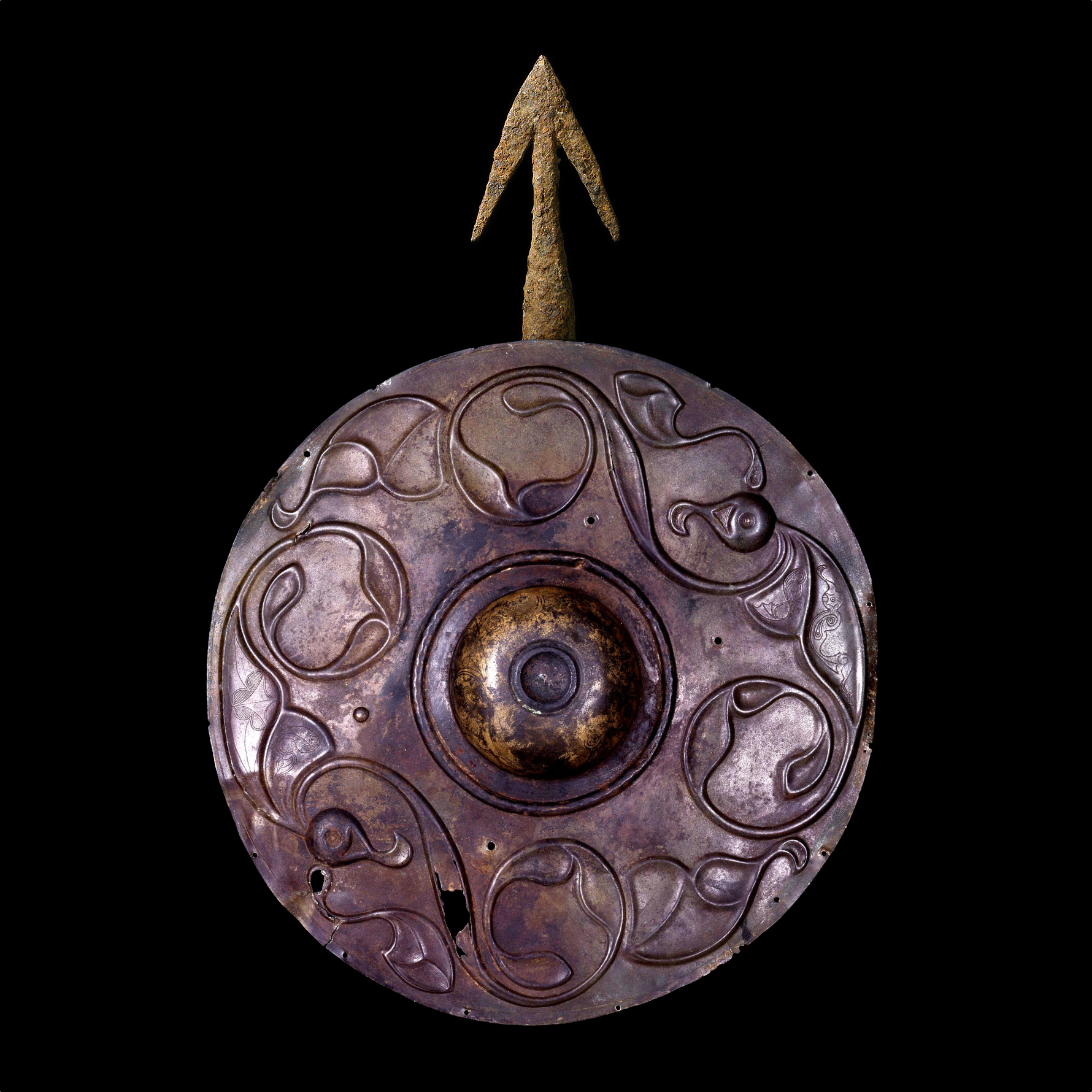
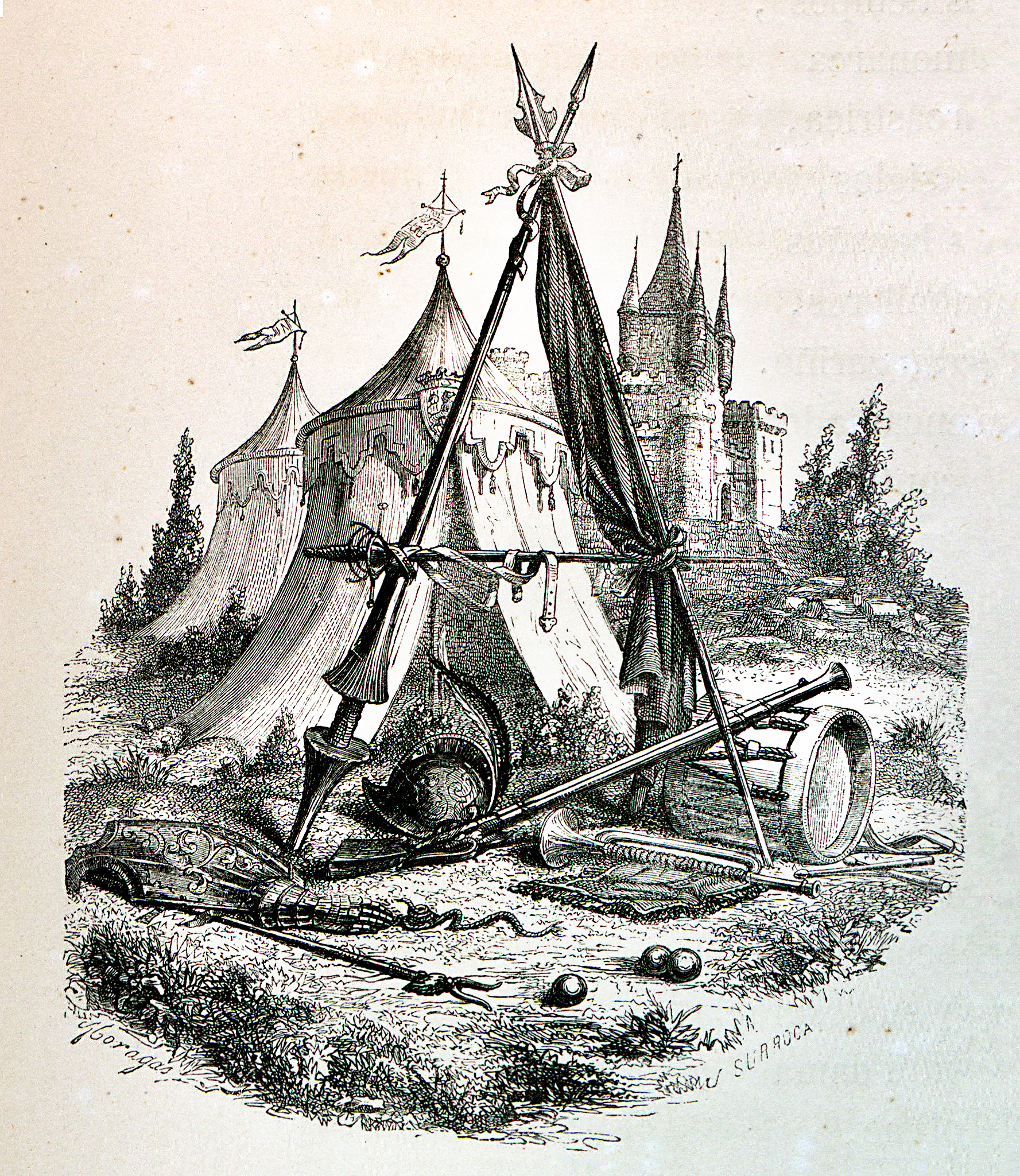
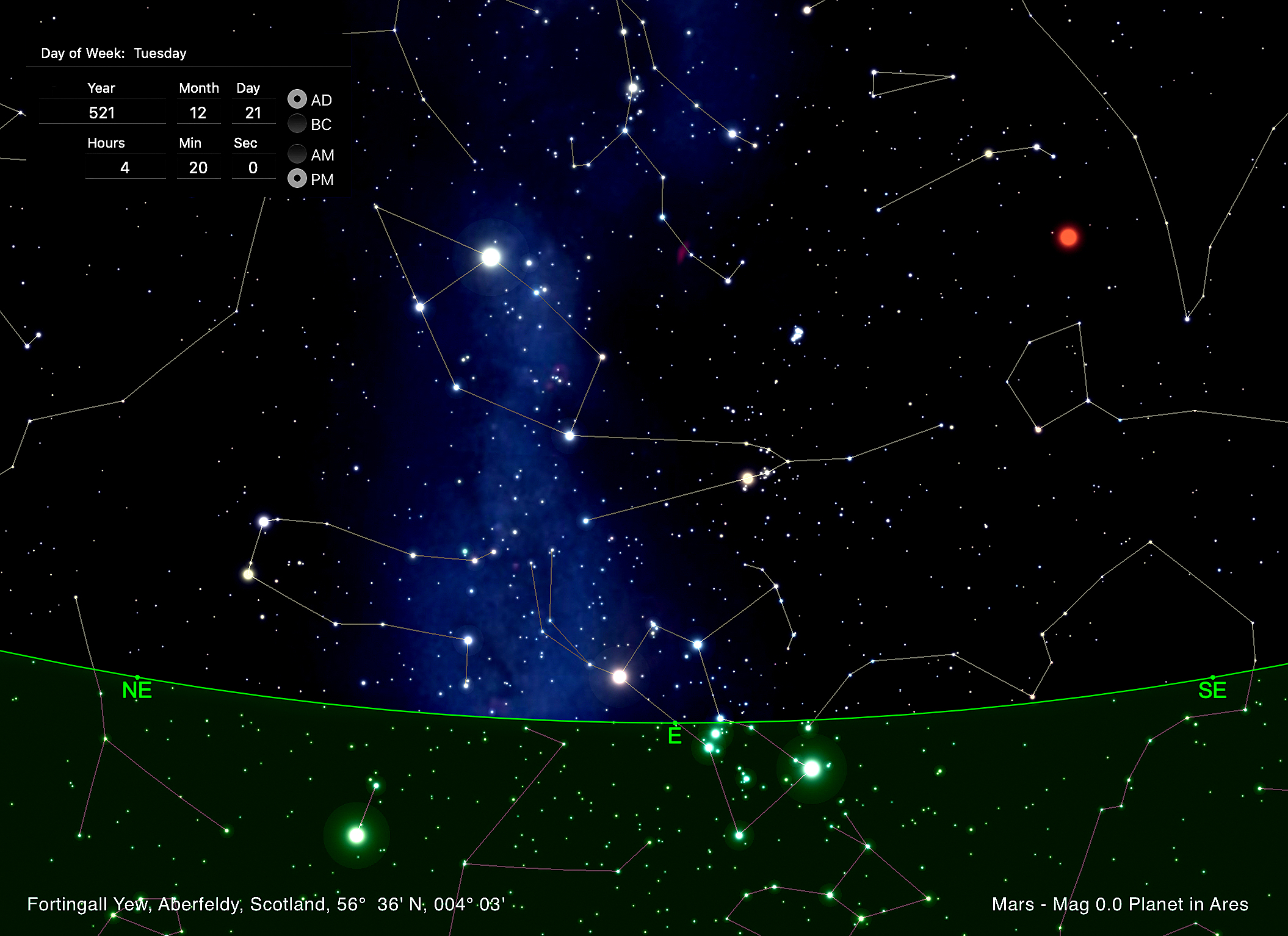 The dark obscures everything and restricting one’s travel to only daylight hours can be limiting depending on latitude and season. To travel by night successfully
The dark obscures everything and restricting one’s travel to only daylight hours can be limiting depending on latitude and season. To travel by night successfully 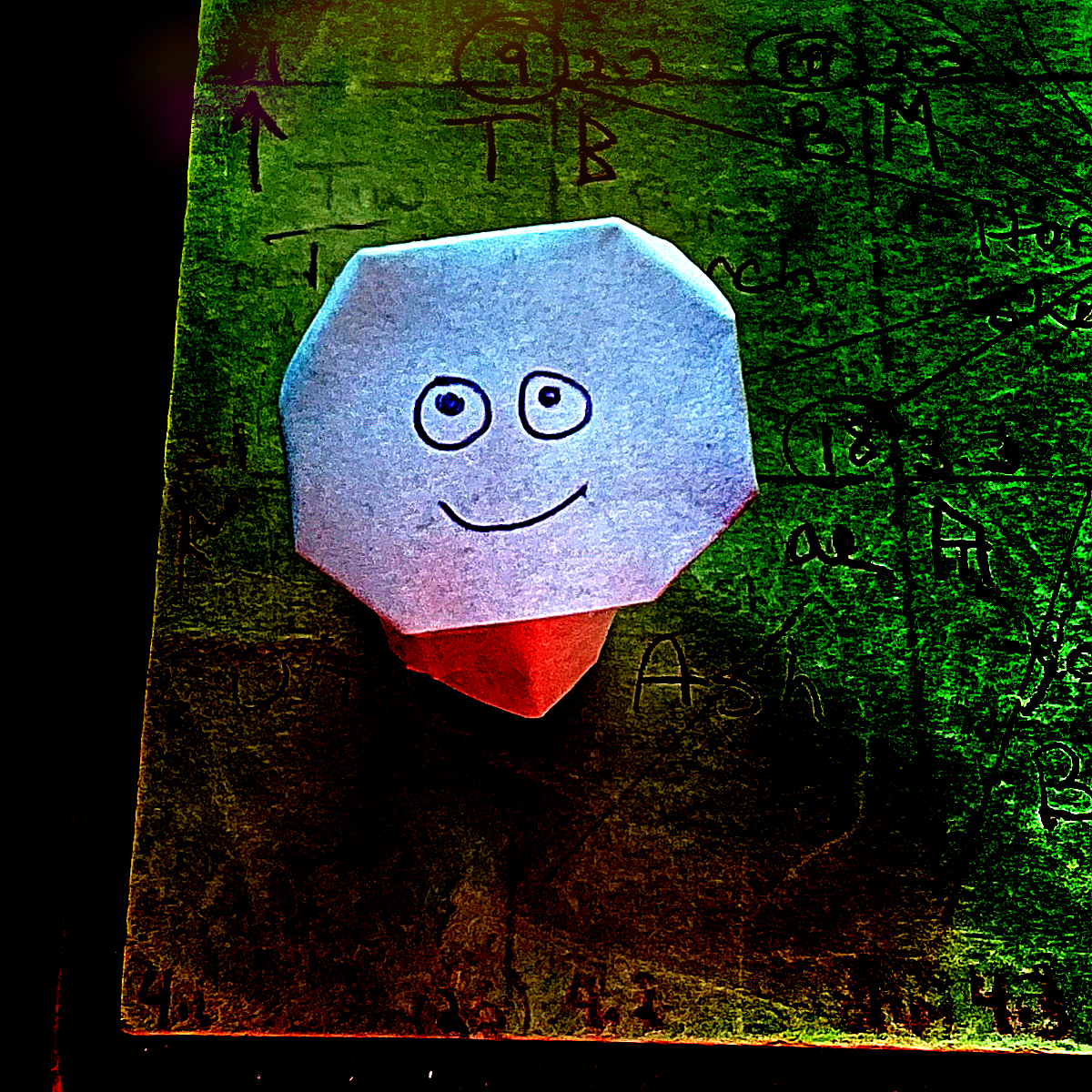 Things will go dark, obscuring your vision. It’s difficult to navigate when you can’t see your way forward, but chin up. You are being guided. There is somebody who will never deceive you. You’ll see the signs. You can trust this one well.
Things will go dark, obscuring your vision. It’s difficult to navigate when you can’t see your way forward, but chin up. You are being guided. There is somebody who will never deceive you. You’ll see the signs. You can trust this one well.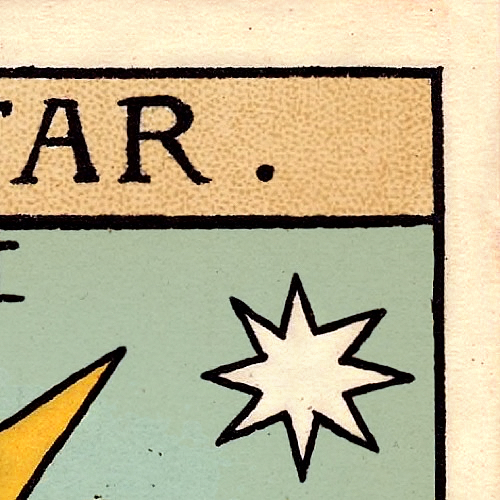
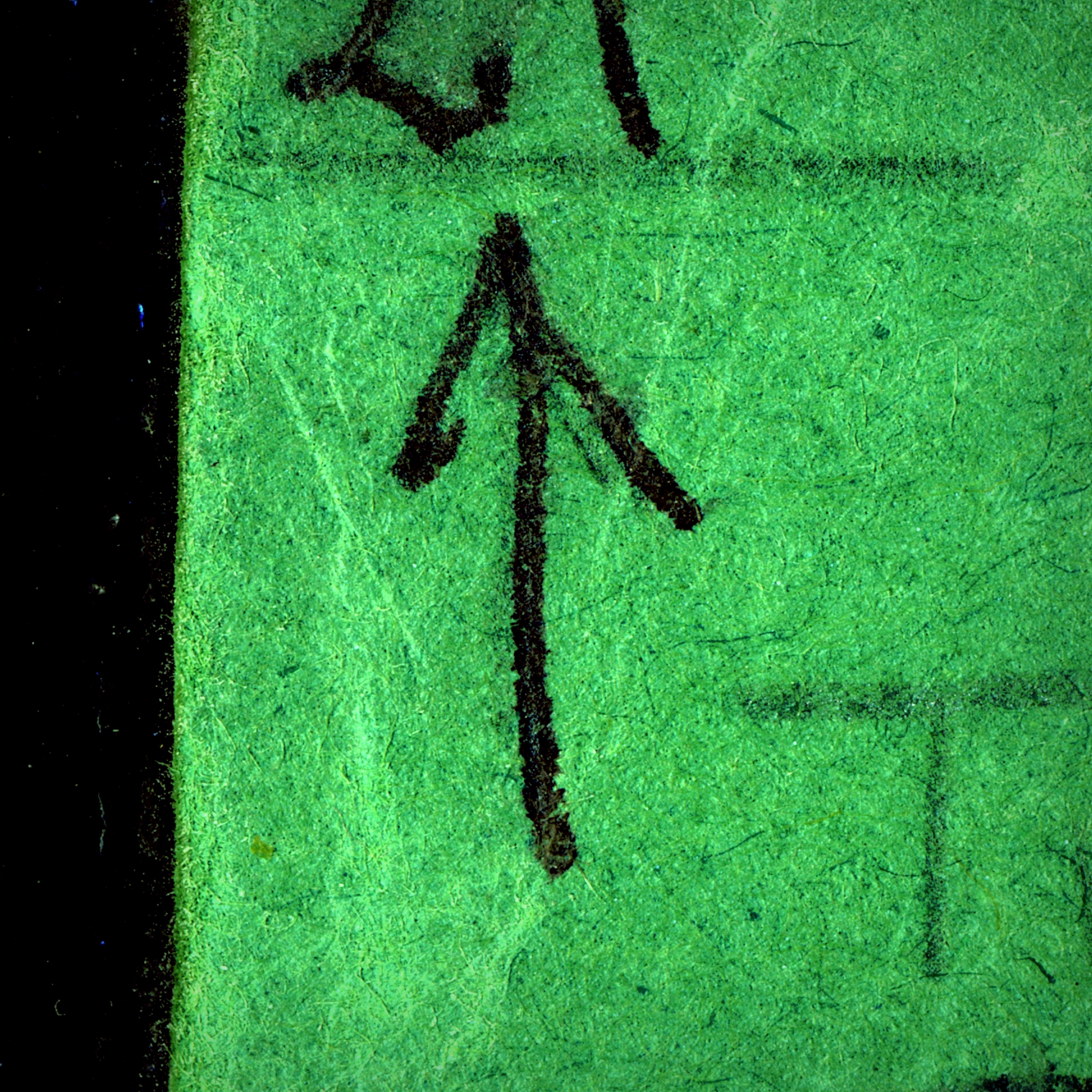 Alveolar dental: tongue along teeth, gums too. Stop and start the air flow. Let your voice stay out of it.
Alveolar dental: tongue along teeth, gums too. Stop and start the air flow. Let your voice stay out of it.